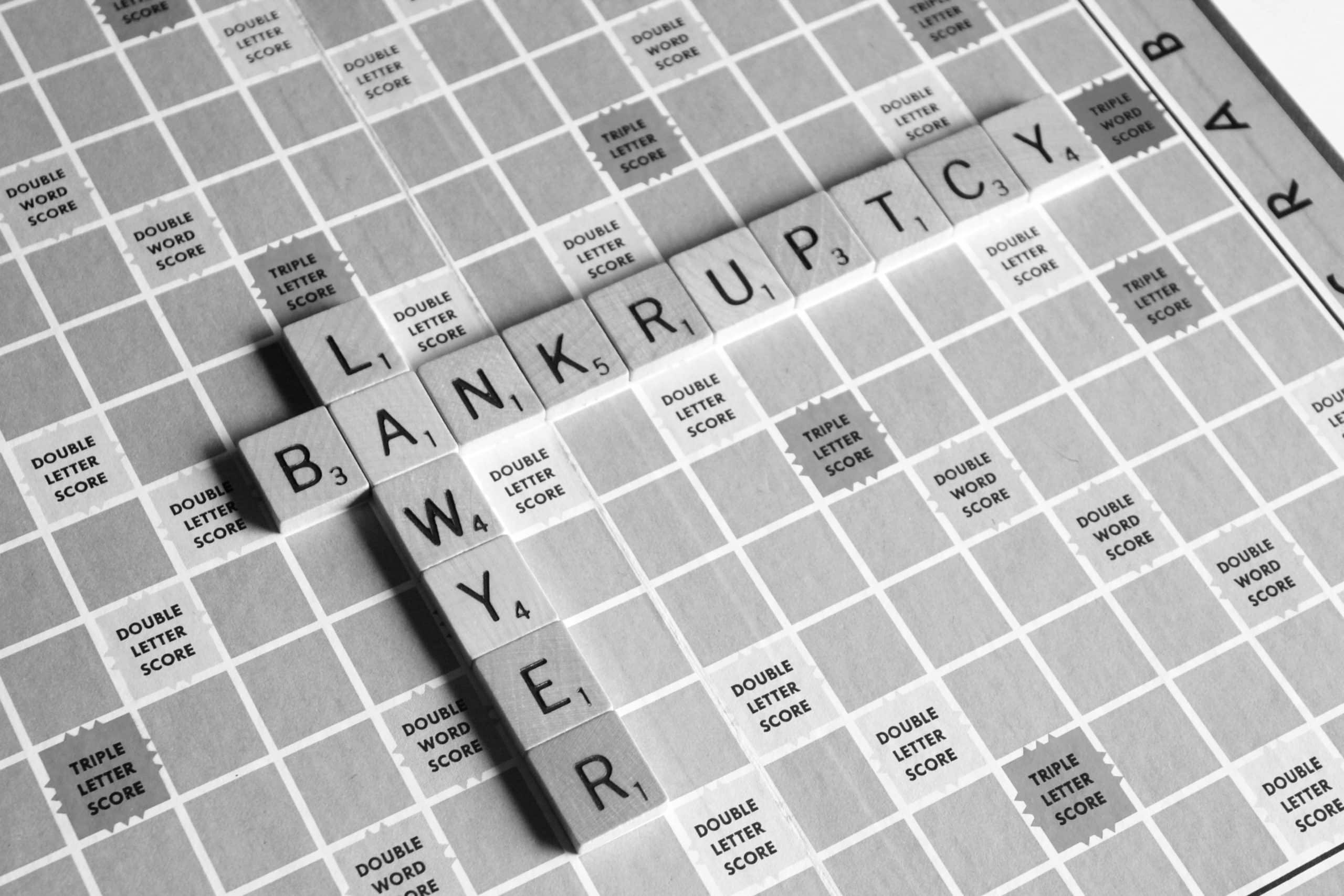Crypto exchange FTX may be forced to file for bankruptcy after Binance announced it will not pursue the deal to acquire FTX. Justin Sun, the founder of the Tron blockchain, may be FTX’s last resort.

On Nov. 8, Sam Bankman Fried and Changpeng Zhao, the CEOs of FTX and Binance respectively, announced that they had reached an agreement in which Binance would buy FTX amid a liquidity crunch.
However, only 24 hours later, Binance announced it was walking away from the deal. After performing proper due diligence, Binance said that FTX’s issues are “beyond its ability to help,” raising questions about the hole in the financials of FTX.
“We believe in time that outliers that misuse user funds will be weeded out by the free market,” Binance said in a statement.
Crypto billionaire Justin Sun may be the savior FTX is in desperate need of. Late Wednesday night, he tweeted that he is working on a solution with FTX.
Without a massive injection of cash, and considering FTX does not have the cash necessary to process customer withdrawals, it may be forced to declare bankruptcy, SBF told investors, according to a Bloomberg report. Both The Wall Street Journal and Bloomberg reported that FTX is facing a shortfall of $8 billion.
Whether or not that $8 billion hole is comprised of customer funds will determine what type of bankruptcy FTX can pursue. Additionally, it could determine the long-term survival of the company and, most relevantly, the likelihood that retail users can recover their assets, given that FTX has already halted crypto and fiat withdrawals from its platform, according to a pinned post in its official Telegram channel.
The exchange’s terms of service state that the digital assets held on the platform belong to the users. Reuters reported FTX lent customer funds to Alameda after it suffered a shortfall due to exposure to Voyager. According to Wassielawyer, an insolvency lawyer active in crypto, if the report turns out to be true, FTX’s activity could be considered “theft.”
Many believe FTX’s implosion only strengthens the case for decentralized finance. On this week’s episode of The Chopping Block, Haseeb Qureshi said, “it’s not defi that breaks, it’s the institutions that we build around people and individuals who have incentives that drive them in a wayward direction from the incentives of their users or their customers. And at the end of the day, to me, it’s a reaffirmation that we should be finding ways to use this technology.”



